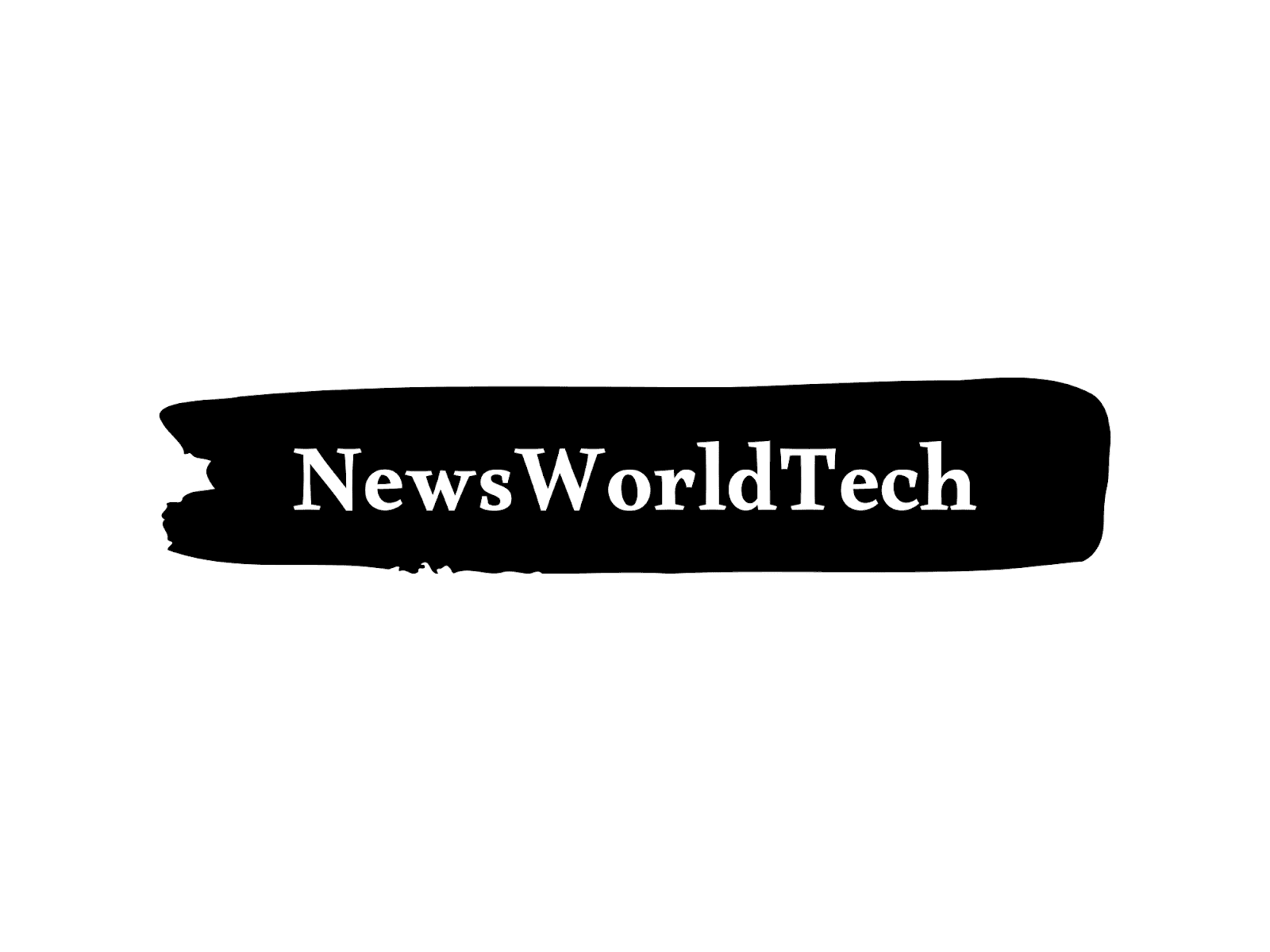Press reports stated that the newly released iOS 17.2.1 update for iPhones, which was released to solve the problem of short battery life, caused problems in connecting to cellular networks.
Many complaints were posted by users on Apple's technical support forum, showing the dissatisfaction of a number of iPhone users with their inability to connect to cellular networks.
According to the Apple Technical Support Forum, many users reported that after installing the iOS 17.2.1 update on their iPhones, due to an error; They were unable to contact their network provider.
This problem greatly affects iPhones, as users are unable to make phone calls or connect to the Internet via cellular data, which is one of the basic functions of the device.
One user wrote: "I use my service provider T-Mobile. I spoke with their tech support and also brought the phone to the store. They replaced the phone's SIM card twice, first with an eSIM, then with a completely new one in the store. There is no VPN profile." "However, there is still no network connection point, only weak internet on the phone. Most often I receive a message stating that I need to activate cellular data with my service provider."
Apple recently released the iOS 17.2.1 update for iPhones in order to address some errors, including fixing the battery drain problem in some versions of the iPhone.
In order to try to fix the connection problem, some iPhone users have suggested several solutions, including resetting the network settings, or performing a factory reset. The first solution keeps all files and applications as they are, while the second solution leads to erasing all the contents of the phone.
The third solution is to delete any VPN profile, as some users say that after deleting the VPN profile, the cellular network error disappeared.
If none of the above helps, you may have to wait until Apple releases iOS 17.2.2 or iOS 17.3 in early 2024.

